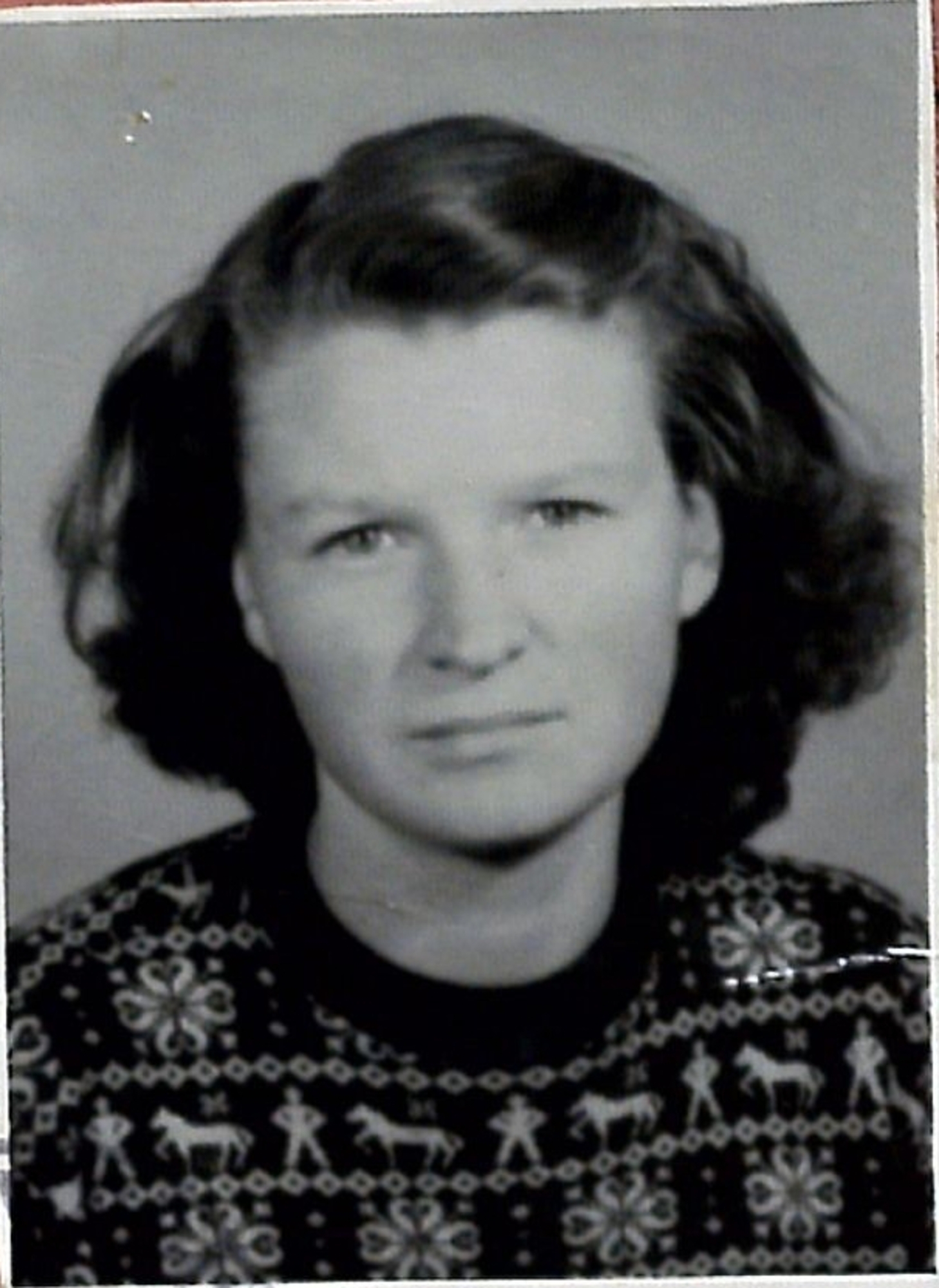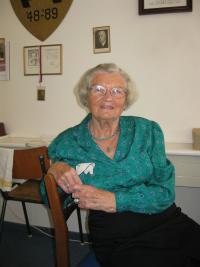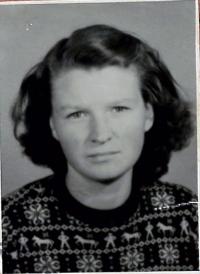Arrested for one sentence

Download image
Vlasta Pytlíková, née Davidovičová, was born in 1932 in Berehovo in Subcarpathian Ruthenia. Her father, Ladislav Davidovič, was a gendarme in Veliká Kopaň where the family lived. In September 1938, he was mobilized and he joined a unit of the State-Defense Guard, serving six months as a border guard. In March 1939, after the occupation of Subcarpathian Ruthenia by Hungary, Vlasta, her mother and her siblings left Ruthenia. However, the train was not allowed to cross the territory of the newly established, so-called Slovak State, and thus it had to go via Romania, Yugoslavia and Austria, before it finally arrived in České Budějovice. The family found a refuge at the parents of the mother in Plzeň. The father of Vlasta was transferred to the police station in Spálené Poříčí, where the family spent the war. After the end of the war, Vlasta graduated from secondary school and took a medical course to become a nurse at the cervical department of the University Hospital in Plzeň. On June 1, 1953, she was arrested for participating in the demonstrations against the currency reform. Her brother and sister were arrested as well. She was sentenced to six months in prison and served her term in a prison in Rakovník. During her term in prison, she worked in a ceramic pottery factory. Her father was dismissed at an hour’s notice from the police corps in June 1953 and her parents were evicted from their house in Litice and moved to Chudenice. After she had returned from prison, Vlasta was unable to find a job in Plzeň and had to move to Marianské Lázně, where she worked as a nurse in a medical facility. In 1966, she returned to Plzeň together with her husband and children, changed her profession and subsequently worked as a shop assistant. She retired in 1987. She’s an active member of the Confederation of Political Prisoners in Plzeň.


